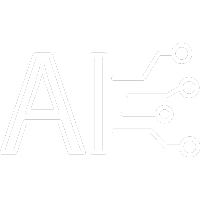
The growing use of Artificial Intelligence (AI) is revolutionizing multiple industries and having a profound impact across various sectors.
While AI offers enormous benefits, it’s crucial to understand that a hasty or inexperienced implementation can increase cybersecurity risks. This is especially important for businesses, where such risks need to be carefully evaluated and managed.
AI and cybersecurity threats
When not used appropriately, AI can increase the risk of cybersecurity breaches. AI algorithms and systems are vulnerable to manipulation, exploitation, and attacks, potentially compromising data security and system integrity.
To mitigate these risks, it is essential to implement robust security measures such as proper access controls, strong encryption algorithms, and secure authentication and authorization mechanisms.
Phishing and social engineering
Malicious actors can exploit AI to launch sophisticated phishing or social engineering attacks. For instance, AI-powered chatbots can simulate legitimate communications to gather confidential information or trick users into performing harmful actions.
To counter these threats, it is important to educate users on how to recognize phishing attempts, provide clear guidelines for interacting with AI systems, and implement strong authentication mechanisms to ensure communication authenticity.

Privacy and data protection
AI often requires access to large amounts of sensitive data. Ensuring privacy and data protection is critical. This can be achieved through data pseudonymization or anonymization, implementing security measures to prevent unauthorized access, and complying with data protection regulations like GDPR.
Best practices to minimize risks
To safely use AI and reduce cybersecurity risks, businesses should follow several best practices.
First, invest in user training and awareness to ensure responsible AI usage. Second, adopt a “defense in depth” approach, incorporating multiple layers of security throughout the system.
Additionally, it is essential to keep AI systems updated with the latest security patches. Collaboration with cybersecurity experts and implementing incident monitoring and response protocols can help detect and address potential threats quickly.
The solution at your fingertips!
While AI presents vast opportunities, it requires responsible management to avoid cybersecurity risks. Understanding potential threats, implementing proper protection measures, and raising user awareness are crucial steps for mitigating these risks.
With a thoughtful approach and adherence to best practices, businesses can leverage AI safely and effectively, ensuring the protection of both data and systems.
For any cybersecurity needs or technical support, contact us for a free, no-obligation consultation!













